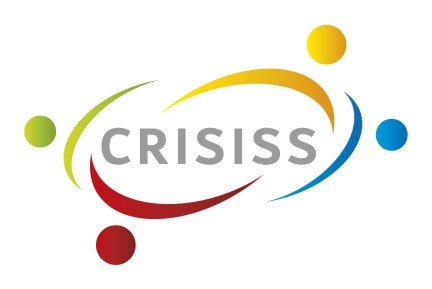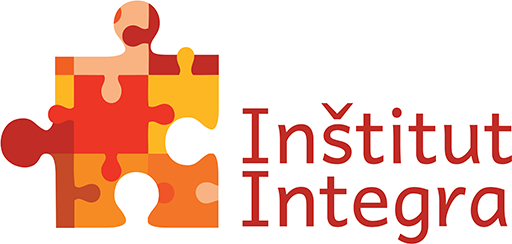
Within a few weeks in spring 2020, the Corona crisis prompted people all over Europe to volunteer on a large scale to help their neighbours and those in need. Volunteering and the associated assumption of responsibility in civil society experienced a completely new appreciation. The tools developed for this (e.g. platforms for matching volunteers) were developed, activated and used virtually “overnight” thanks to digital technologies.
People got involved in the well-being of their neighbours, provided shopping services for the elderly and disabled who could not leave their homes, or took on activities of daily living. They mainly took on tasks that had nothing to do with their actual profession or education, e.g. in care, agriculture or mobility.
As different as the professional backgrounds of the volunteers were, they had one thing in common: volunteering in times of the pandemic proved to be a way to counteract reduced employment and loss of income, to be socially active and to feel part of civil society. They acquired new soft skills such as team spirit, the ability to take criticism, communication skills, intercultural competence, stress management, discipline and self-confidence. Volunteering proved to be an effective learning environment, especially for those people who had to realise that their professional activities were not at all systemically relevant in terms of health crisis management. Strictly speaking, volunteering was a great opportunity to acquire soft skills that could then be used as an additional qualification in any professional setting.
But how can a volunteer recognise these new skills? How can employers be made aware of these skills as an added value for teamwork, stress situations or intercultural tasks? This is only possible if these new personal skills are validated. Even if the wording suggests otherwise, it is “soft skills” that can make the difference in working life.
Therefore, the overall objective of the CRISISS project is to provide support and guidance to organisations employing volunteers to implement soft skills recognition systems that empower volunteers to recognise and value their personal growth in soft skills. More information is available on the project website crisiss.eu.


